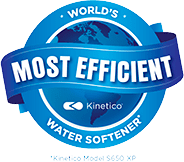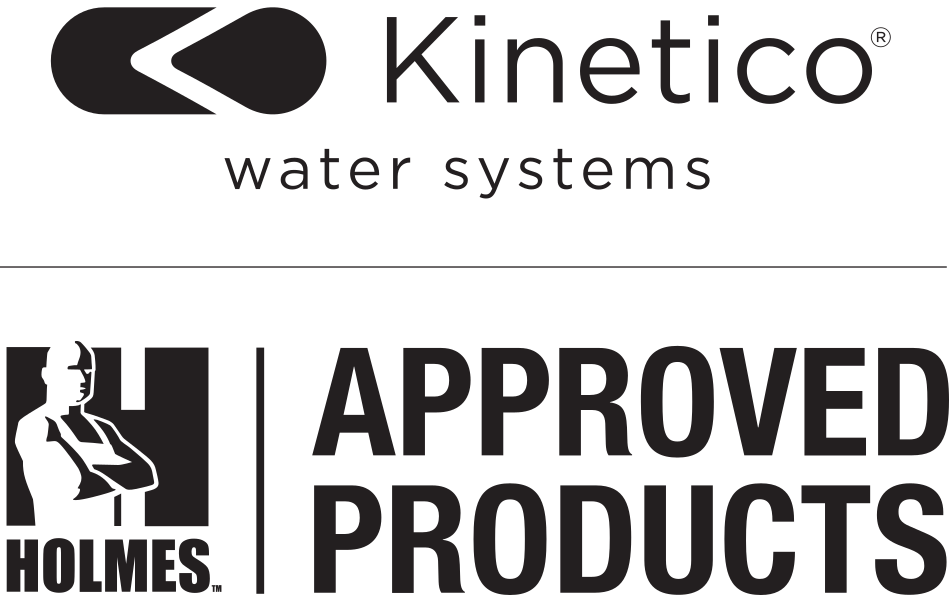Mineral water. Good stuff, right? A lot of people drink it regularly, as a way to ensure they get vital nutrients. But do you really know how, or if, mineral water benefits you? What about the minerals found in your tap water? Are those good or bad? And what is a mineral, anyway?
What is a Mineral?
It’s an inorganic material (think rocks and soil), as opposed to organic material derived from plants and animals. Water takes on inorganic elements and compounds when it comes in contact with the earth. To be considered “mineral water,” it must contain at least 250 parts per million (ppm) “total dissolved solids.” Minerals essential for good health can be found in both organic and inorganic compounds.
Mineral Water can be Good for You
Bottled mineral water comes from natural underground springs in various parts of the world. Perrier and Vichy, for example, come from France. They both contain healthy minerals such as calcium, magnesium, and potassium, as do all commercially bottled mineral waters. However, the exact chemical make up of each brand depends on the water’s source. So, one might contain more calcium but less magnesium than another.
And some, including Vichy mineral water, contain higher levels of sodium. So, if you have high blood pressure or you’re watching your salt intake for some other reason, this brand wouldn’t be quite so good for you.
Unfortunately, bottled water labels may be less helpful than you’d think. Although the FDA requires labels listing ingredients and nutritional information, it does not require the bottled water companies to use certified laboratories for water quality testing or to report test results.
Not All Minerals are Good for You
Not all minerals are good for you. Lead, for example, can naturally occur in water, especially well water. So can an assortment of other minerals including aluminum, barium, and antimony, even arsenic. These are all “natural,” but they are also poisons, not things you want to deliberately ingest. Some naturally occurring minerals found in water don’t smell that great, either.
What can be really confusing is that some minerals are both bad and good. Take calcium, for example. Calcium can be found in both organic and inorganic compounds — so, both mineral water and cheese.
You probably know that Calcium is good for you — essential to building healthy, strong bones. On the other hand, Calcium and Magnesium are two of the minerals that cause hard water in your home, which can create all kinds of problems.
Some minerals are so bad, you might want to have your water professionally tested, especially if you have well water because it can contain other minerals that should be filtered for healthier drinking. Once you know what’s in your water, you can filter the undesirable minerals out for home use. A reverse osmosis system is one way to filter the water you plan to drink from your tap.
It’s also important to remember that mineral water may have benefits, but it doesn’t contain high enough mineral concentrations to reach the minimum daily allowance recommended by scientists and nutritionists. You’d have to consume an unreasonably prodigious amount of the water!
So, should you drink bottled water to take advantage of the possible benefits? That’s up to you, but at least now you know that “minerals” can be both good and bad for you, even though they seem the same.









